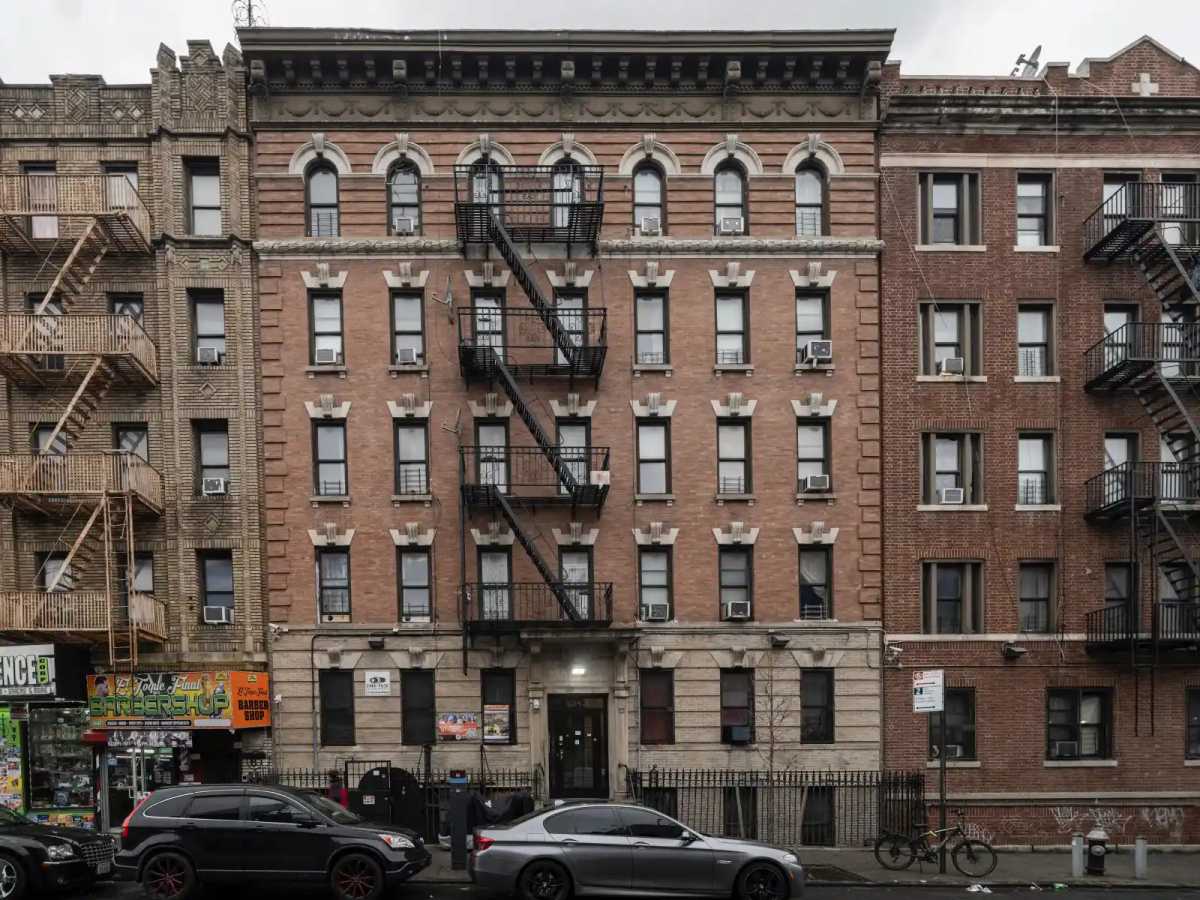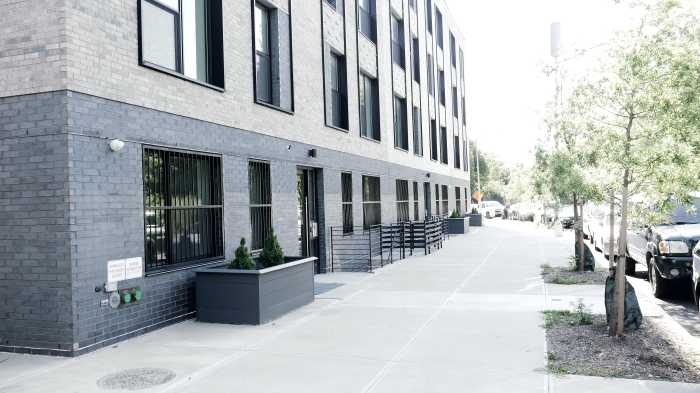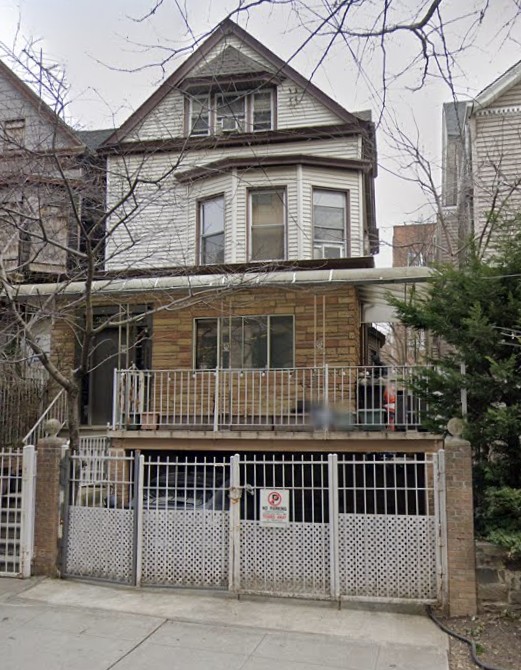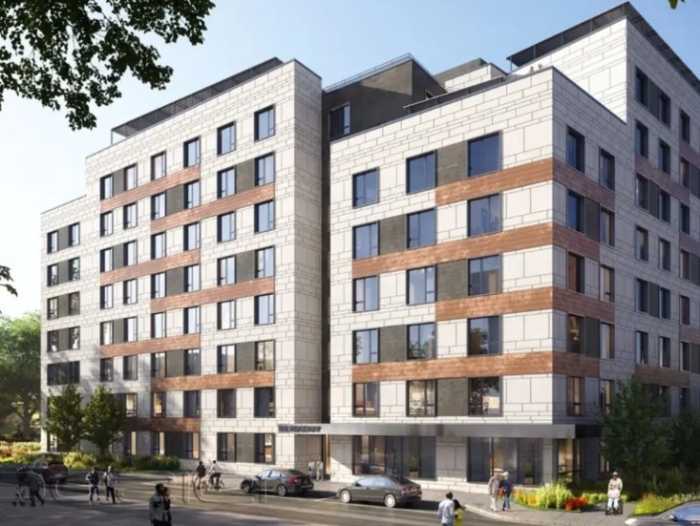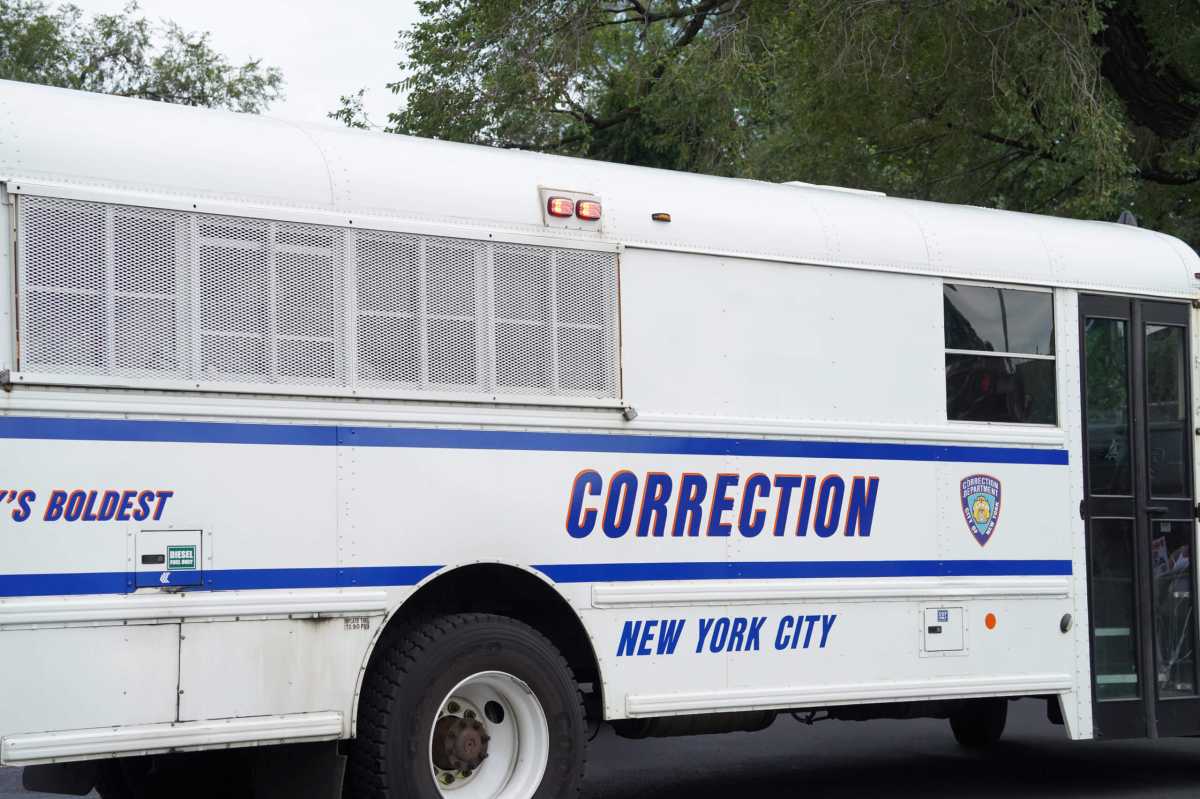A sweeping new law aimed at cutting upfront rental costs for New Yorkers—especially those in rent-burdened communities like the Bronx—went into effect Wednesday, triggering praise from housing justice advocates across the borough.
The Fairness in Apartment Rental Expenses (FARE) Act bans landlords from charging broker fees when tenants did not hire the broker themselves—long a financial hurdle for many renters. It also imposes penalties on landlords and agents who violate the rule, potentially transforming the city’s rental landscape.
For Bronx tenants, many of whom spend over 30% of their income on rent, the law is being welcomed as a long-overdue protection. Sandra Lobo, Executive Director of the Northwest Bronx Community and Clergy Coalition— a longtime community organization that champions housing justice, told the Bronx Times in a statement that the FARE Act will ease some of the financial burdens that have plagued Bronx tenants for too long.
“As an organization that has long organized Bronx tenants facing rent burdens, housing insecurity, and systemic displacement, Northwest Bronx Community and Clergy Coalition welcomes the FARE Act as a long-overdue step toward bringing greater fairness and transparency to the rental market—basic principles that should underpin every part of our housing system,” Lobo said. “Shifting the cost of brokers’ fees onto the landlords that hire them offers some measure of relief in a system that too often stacks the odds against working-class tenants.”
Prior to the law, tenants who relied on a broker were required to shell out about $10,000 upfront on a $2,500 per month apartment—between a deposit, a month’s rent and brokerage & miscellaneous fees. The brokerage fee, often 15%, equated to $4,500 on a $2,500 per month apartment.
The new law has the potential to have an outsized impact on the city’s northernmost borough. The affordable housing and anti displacement nonprofit, the Association for Neighborhood and Housing Development, called the Bronx the “Epicenter of housing risk” in its 2025 Housing Risk Assessment. The annual analysis— based on metrics like rent burden rates, eviction filings and area median income (AMI) showed that 8 out of the top 10 community districts where affordable housing is most threatened were located in the Bronx.
Now that tenants can choose whether to pay for a real estate broker, real estate analysts say renters have a more level playing field when looking for affordable housing. An analysis by the rental site Street Easy found that in 2024, the upfront cost of renting an apartment in NYC without a broker fee was 48% less than the initial cost of renting an apartment with a broker fee. It predicted that the FARE act would reduce the cost burden of moving into a new apartment by over 40%.
But not everyone was thrilled with the new law. The Real Estate Board of New York (REBNY) filed a so-far unsuccessful motion in court to block the law from going into effect, claiming that the FARE Act would “wreak havoc” on the rental market and cause “immediate and irreparable harm to the consumers it purports to protect” as well as hurting brokers and landlords, according to court filings.
“Far from restoring fairness to the New York City housing market, the FARE Act will lead to higher rents, fewer properties advertised, and decreased overall transparency of the markets for consumers,” attorneys for REBNY said in its civil complaint.
REBNY did not respond to requests for comment.
But Bronx lawmakers dismissed the allegations that the FARE Act will harm tenants in the long run. Council Member Pierina Sanchez (D-14), who represents the West Bronx and chairs the city council’s Committee of Housing and Buildings, told the Bronx Times in a statement that the FARE Act was a win for renters in New York City.
“The FARE Act is a pro-tenant legislation, and any opposition to it largely reflects the influence of the real estate lobby,” Sanchez said. “Tenants should not be on the hook for broker fees they did not request, full stop.”

